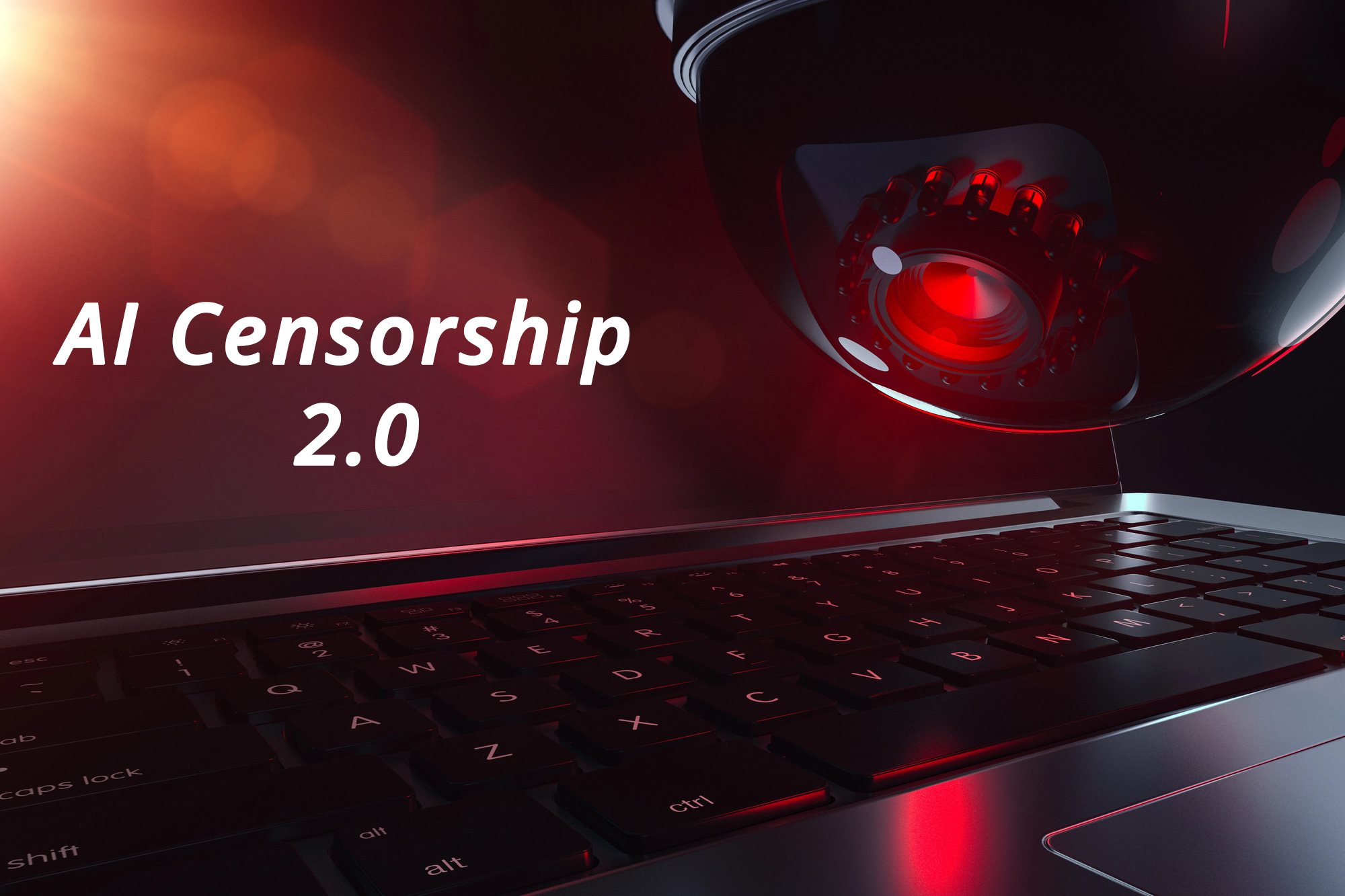In my profession, I come across a lot of AI tools and there is always a part of me that wants to see what is and is not possible. I will admit that it is fun to “break” a system, like a cheat code or infinite money glitch which gives you that additional sense of control. Even when ChatGPT was just released and started to increase in notoriety, I was playing with its limits to determine how useful a tool it could be.
Now, I have read 1984 (and watched the film) and the concept of newspeak has always fascinated me. The idea of twisting language so that it is hampered in its ability to convey ideas is an elegant if not despicable endeavour. For those of you who have not read 1984, basically the new lexicon of the English language proposed by “the party” effectively removes the word “bad” and it’s pale replacement is “ungood”. Meaning that something what was previously “bad” is now just “ungood” which makes for a surprising difference in the preception of that thing. Now what has this to do with AI censorship you ask. Well, I was testing the limits of an AI to Video generator where any image of a person could be used to lipsync to a script provided. While it was fun to see if the system would allow the typical childish “make the parrot swear” I was surprised that it did in fact allow such childish attempts. This was surprising as I tend to expect most censorship systems to be standard word blockers that just match a word against a blacklist of words and stop with an denial of service. This system did not, so I decided to push it a little further and that is when I found my worry. It appeared to be that the system itself was not censoring words as expected but rather it was censoring concepts. Phrases that contained no “bad” words were blocked because of the intent of the phrase itself. I could get the AI generated model to say childish swear words easily but anything that was suggestive was immediately blocked regardless of the words used. This made apparent that the AI censorship system was potentially vastly more effective in blocking ideas and concepts because it understood them rather than being a simple word blocker.
As you can imagine, the consequences of such censorship make for quite a dystopia. By having an automated system that has the potential to check every form of online communication (as an extreme) that not only blocks individual words but rather than intent of what someone is saying, the sub-text if you will, means that our ability to communicate with each other would be under threat.
You may ask, why blog about this? to which I would state that now that we live in a world where AI tools are bountiful, it is quite possible (in fact it may be happening already), that our ability to share our thoughts via any digital communication is under threat. In terms of doing something about it, that is another matter. Rather we just need to be that bit more aware of our digital world and the reality that what we mean to say may be prevented at a level beyond what we have been used to. For no matter “how” something is said, the AI would block it and there would no longer be any getting “getting past the censor” with eggplant and chocolate ice-cream emojis.
The featured image was created by me, content written by myself with an AI assisted title.


